Why Hong Kong’s ‘draconian security law’ matters to Australia
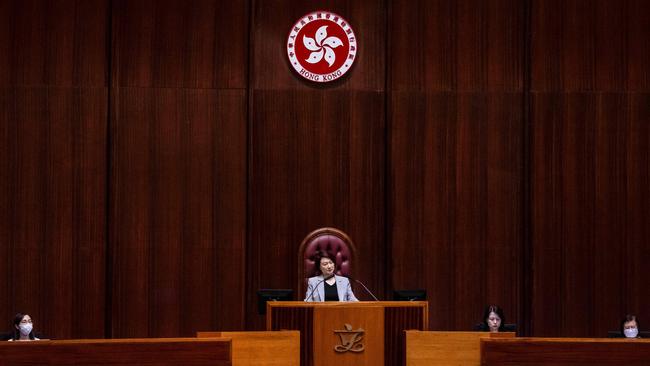
I am one of the eight. The Hong Kong regime accuses me of “colluding with foreign forces” under its draconian National Security Law. The alleged collusion came in the form of not just my video testimony before the US congress, but also my meetings with Australian members of parliament and foreign ministers to discuss Hong Kong’s rule of law.
All these took place after I, an Australian citizen, returned to Australia in 2022, after living in Hong Kong for more than 20 years as a student, lawyer and activist.
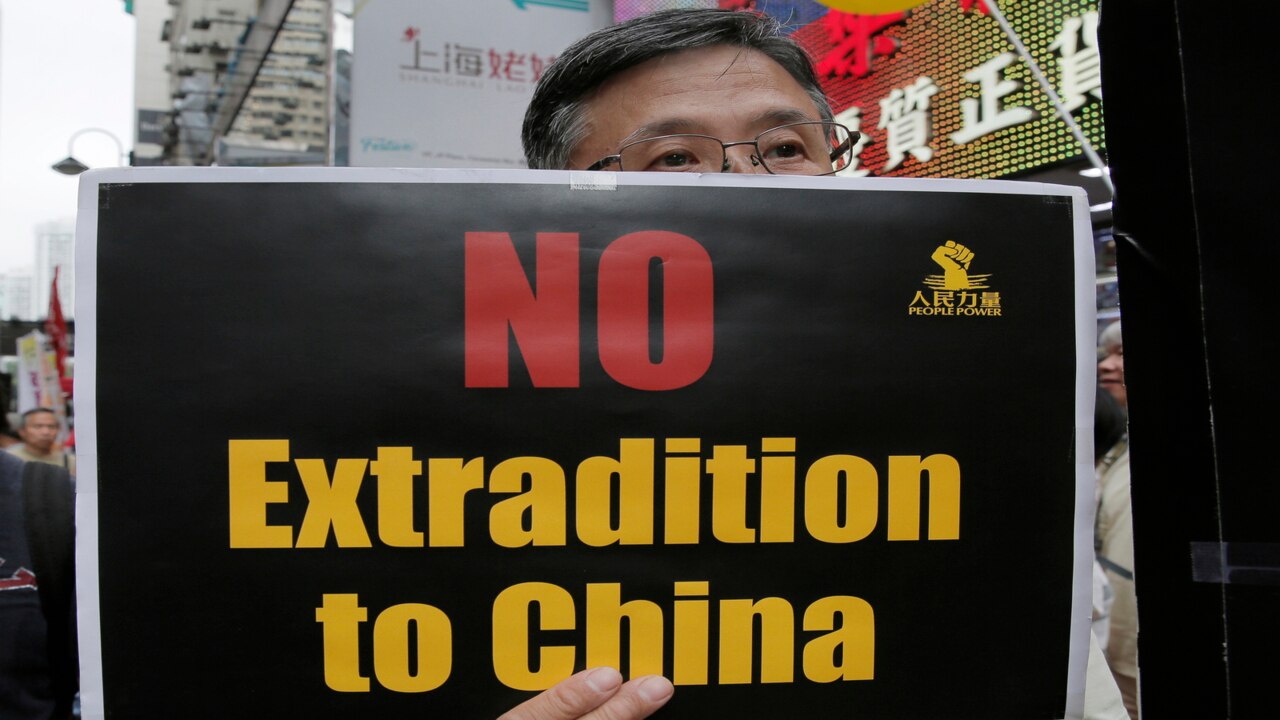
What Hong Kong authorities are saying is that me exercising my democratic rights in Australia is a crime. And, in an ironic twist, I am now on the verge of being disbarred by the Hong Kong Law Society for whistleblowing on the parlous state of Hong Kong’s rule of law.
Returning to my alleged crimes, I have been asked by politicians, journalists and observers from Australia and beyond whether – in considering Hong Kong’s rule of law – the city’s judiciary remains independent.
I have little doubt the vast majority of Hong Kong judges would consider themselves independent, in the narrow sense of no one telling them directly how they must adjudicate their cases. But they do not live in a vacuum.
Let’s start with the current Hong Kong Court of Final Appeal Chief Justice Andrew Cheung. In 2021, he refused to publicly defend the separation of powers in Hong Kong after the concept had been criticised by Beijing and its mouthpieces, despite it being long entrenched in Hong Kong case law. And during a visit to China’s Supreme People’s Procuratorate in May this year, Cheung openly praised Hong Kong’s National Security Law as moving Hong Kong from chaos to governance, and from governance to prosperity.
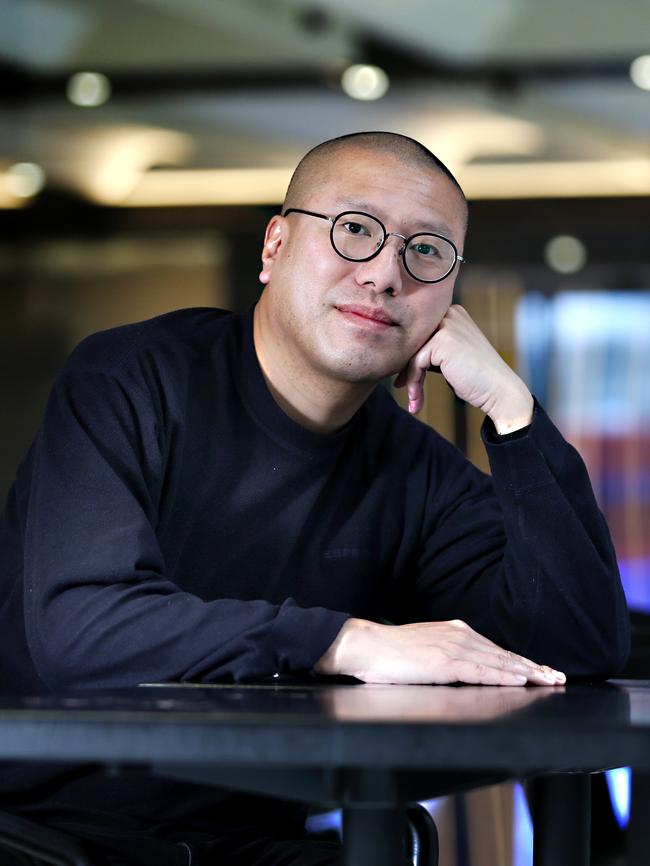
Second, Beijing responds badly to Hong Kong rulings that it does not like. When Hong Kong courts allowed dissident Jimmy Lai to bring in a London King’s Counsel to defend him in the National Security Law prosecution against him, Beijing officials and pro-Beijing media rounded on the courts.
The Hong Kong government then obtained an “interpretation” of the National Security Law from Beijing that overruled and humiliated the courts. Despite this, the Hong Kong judiciary had to release a statement saying effectively that it respected its own humiliation.
Third, all local and overseas judges that serve on Hong Kong courts must take an oath pledging to “uphold the Basic Law of” and “bear allegiance to” Hong Kong. This may seem like fairly standard oath wording. However, Hong Kong laws were amended in 2021 to define this pledge in highly political terms, which include upholding “the national sovereignty, unity, territorial integrity and national security of the People’s Republic of China” as a whole. This is no mere formality, as one is required “to intend to” and “in words and deeds” to “genuinely and truthfully observe, support, maintain and embrace” the pledge.
On each of the above points and more, I have only scratched the surface. But they give a flavour of the environment in which Hong Kong judges now operate. Is it any surprise, then, that the Hong Kong government’s Secretary for Security gleefully boasts of a 100 per cent conviction rate in national security cases?
So why does Hong Kong’s judicial independence matter to Australia? Hong Kong has the second-largest diaspora Australian community in the world. Many Australians work in and do business with Hong Kong. If the independence of Hong Kong’s judiciary is either lost or at least in doubt, this would inevitably affect the city’s business environment, which in turn impacts on Australian businesses and professionals.
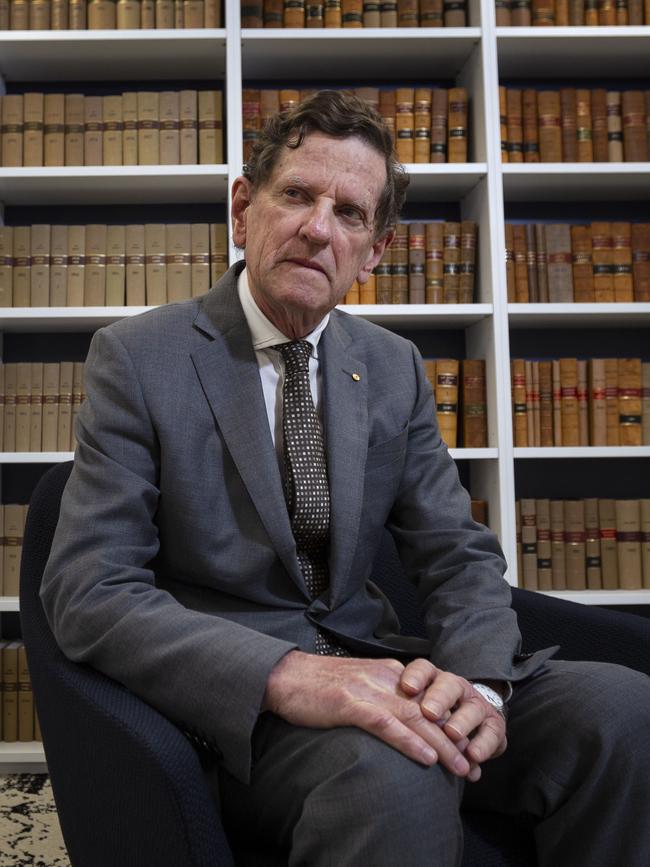
Then there are the four former Australian High Court judges currently serving on Hong Kong’s Court of Final Appeal. One of them, former High Court chief justice Robert French, told The Australian in recent days that he “support(s) the judges of the (Hong Kong) Court of Final Appeal in their commitment to maintaining judicial independence”.
Whatever my views might be on Hong Kong’s judicial independence, I will never criticise any of these four judges who, with good intentions, seek to serve the people of Hong Kong.
I just hope that for as long as these Australian judges continue to serve in Hong Kong’s top court, they will remember the bounty and the threat of disbarment over my head, all for seeking to advance fundamental legal values I learned in Australia.
Kevin Yam is a nonresident senior fellow of Georgetown University’s Centre for Asian Law, and a Master of Laws student at the University of Melbourne.

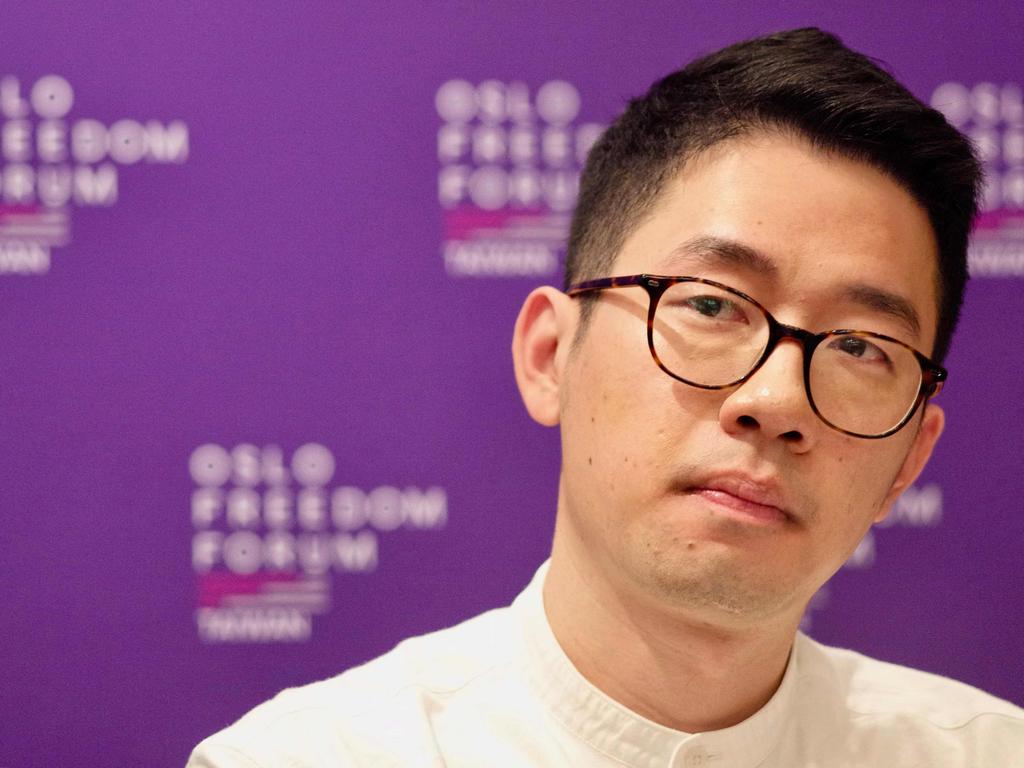
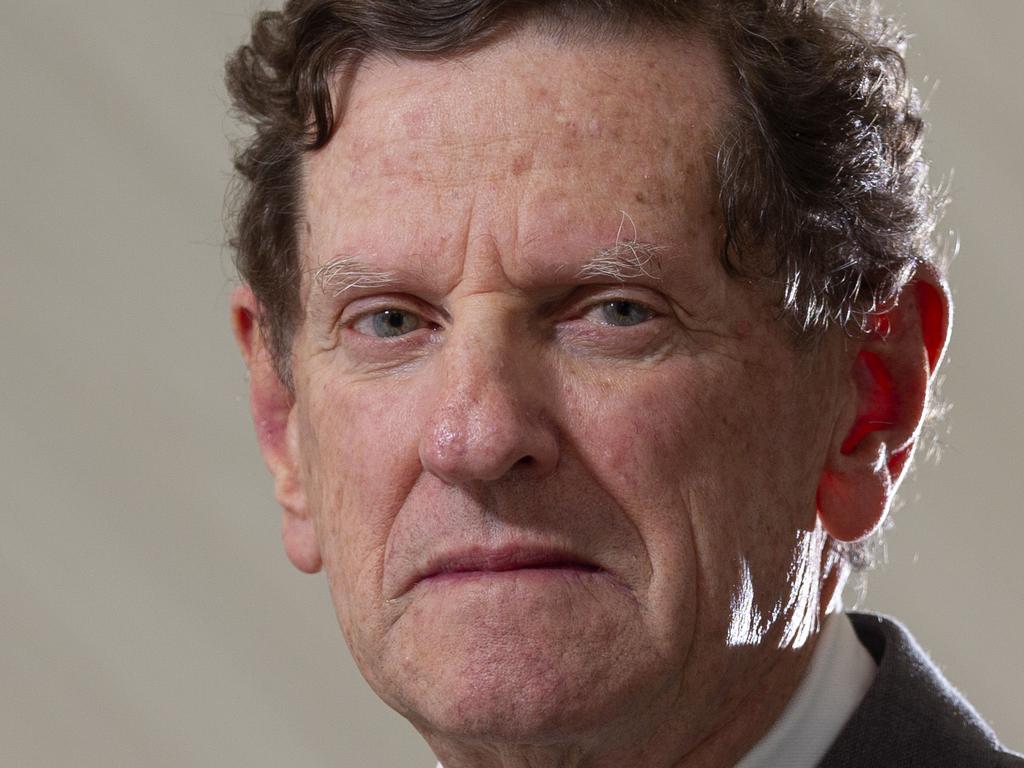




One week ago, the Hong Kong government placed $192,000 bounties over the heads of eight Hong Kong democracy activists currently living in Australia, Britain and the US. This is 10 times higher than bounties for alleged sex offenders on the run.